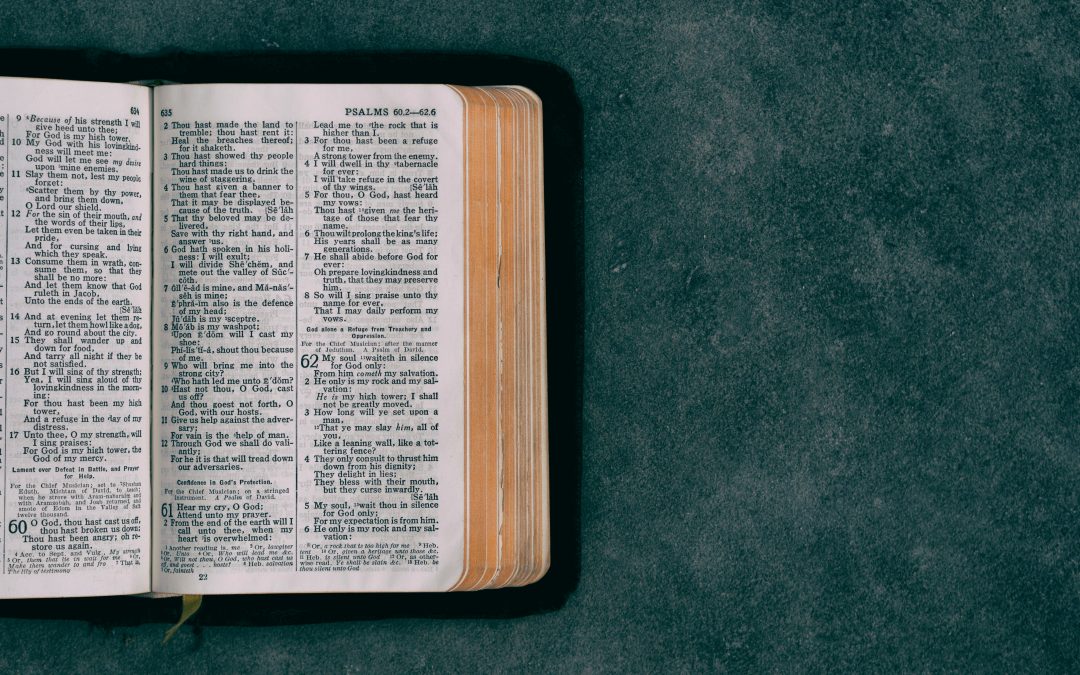 Faith and Racial Justice Lead Dwayne Hutchinson’s thoughts on the sin of racism, and how we can move towards repentance
Faith and Racial Justice Lead Dwayne Hutchinson’s thoughts on the sin of racism, and how we can move towards repentance
In 2023, we hosted meetings with Church leaders to prepare for our Churches Against Racism event in April 2024. In those meetings I heard Father Nicholas Lo Polito state: “Racism is a sin.”
This was the first time that I heard someone explicitly acknowledge racism as a sin.
In October 2024, Richard Reddie, Director of Justice and Inclusion for Churches Together in Britain and Ireland (CTBI), was the speaker at Leeds Church Institute’s flagship event, The Hook Lecture. This year, the focus was racial justice in the Church.
Whilst Richard spoke to the attendees, he, too, stated: “Racism is a sin.”
James 5:16 states:
“Therefore, confess your sins to one another and pray for one another, that you may be healed. The prayer of a righteous person has great power as it is working.”
It leads me to think, how many people are confessing their sins of racism? How many times have people asked for someone to pray for them because they acted in a racist way? How are they seeking to be healed from their practices of racism? What actions are Christians taking once they realise that they are guilty of the sin of racism, so that they change their behaviours and thoughts and don’t repeat these harmful actions or words?
During the Churches Against Racism steering group meeting a week before Richard Reddie’s Hook Lecture, Reverend Dave Ho Young said, “Policies are easy, but repentance is what we are looking for.”
Describing racism as a sin demands repentance and intentional action, for us to eradicate sin within our lifestyles, behaviours and practices. If we fail to take this action after hearing that racism is a sin, this could be seen as a declaration that we are not guilty of racism.
However, the practice of unconscious racism is not always obvious, even to the person being racist, until someone points it out to them. The battle that they may experience, of identifying and eradicating their own racism, could be a battle that lasts a lifetime. Nonetheless, no matter how long it takes to identify and then remove every form of racial bias within our lives, each battle against racism is necessary, and biblical, in the process of unlearning racism and becoming anti-racist.
So, what actions can we take to make sure we’re developing Christian anti-racist practices? First, we must acknowledge, then confess and repent from sinful racist actions, both conscious and unconscious. Second, we can seek to intentionally and humbly scrutinise examples of racism in conversation with other Christians from a variety of ethnicities. And finally, we can continue to read and understand the word of God to keep us grounded in the values of our faith.
Photo by Aaron Burden on Unsplash

